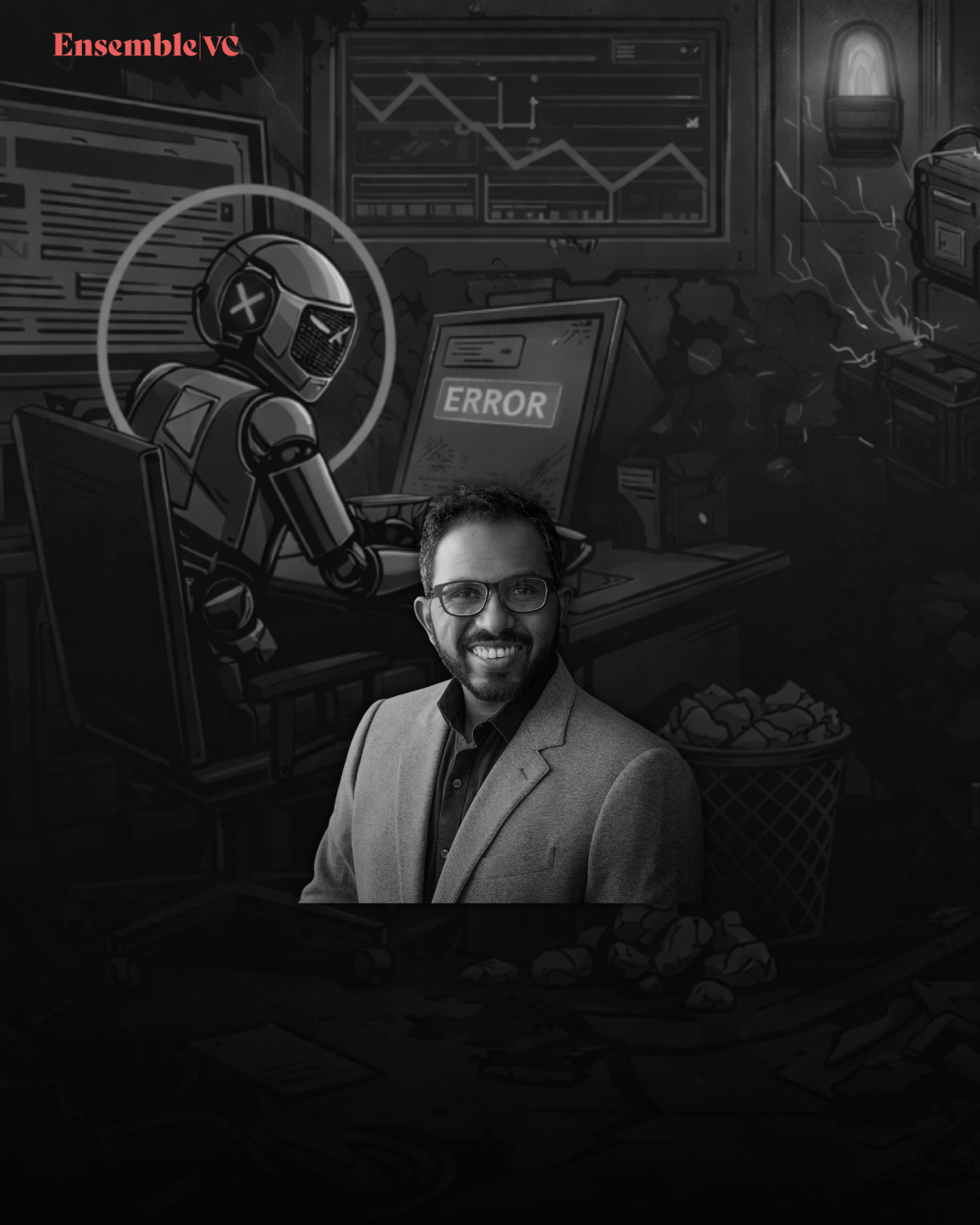A conversation with Mark Williamson, COO of MasterClass

By Collin West
In our last article with Mark, we discussed Building High Output Teams. Now we are back to discuss practical advice on closing top tech talent...
Building a startup is unique. There is a certain level of commitment required to scale a startup that isn’t present in larger, more mature organizations.
In our discussions, Mark shared the three traits to look for when building a team that can scale exponentially. “I look for energy, intelligence, and integrity,” said Mark Williamson.
Energy, Intelligence, and Integrity
Energy is clear: building any startup requires a tremendous amount of time, motivation, and perseverance. If people have worked in startups before – and want to do it again – it’s a good sign that they know what they’re getting into.
Intelligence is more nuanced. “I look for lateral thinkers, someone who can take a concept from one field and apply it to another. Startups always have new challenges, so you need someone who is intellectually curious and eager to learn.”
Lastly, there is integrity. Everyone has integrity in the abstract, so you should avoid asking hypothetical questions. “Instead, ask about specific experiences,” said Mark. “Tell me about the biggest mistake you’ve made at work. Tell me what really happened when your back was pushed up against the wall.”
These skills are vital as you look to delegate key parts of your business to your early hires.
How to Close Top Talent
“The #1 thing people do wrong at a startup is closing top talent,” shared Mark Williamson.
The interview process should be a two-way discussion. The startup should learn about the candidate’s background, experience, and ambitions. Meanwhile, the candidate should learn about the startup, the role, and the future prospects.
Startups need to remember that talent has the upper hand, particularly people who are world-class at what they do. Yes, the salary has to be in line with expectations, but that is hardly the deciding factor. There are bigger, more established companies that can always pay more.
As a result, startups need to be more creative.
“During the interview process, you need to find out what matters most to the candidate. The process should not be about the offer,” said Mark. “It should involve you showing a candidate how their skills will grow and their career will progress with your help.”
Your progression in a new job often follows an S-curve. At first, there is a steep learning curve as you get used to your new company, team, and assignments. Sometimes, you’re stepping into a role for the first time, and it can feel like a trial by fire.
But, whether it takes a few months or a few years, that growth will slow, and you will be at the top of the S curve. Instead of having employees get bored and look for other jobs, Mark proposed that you show candidates a series of S curves that they can climb.
“Here is how you become a radically different executive in 6 years after completing these 3 S curves,” said Mark. For example, you could map out how you will support a new director of marketing to become a regional marketing lead, a global marketing lead, and, eventually, an executive officer of the company.
Conclusion
Talent makes all the difference, whether you’re at the early stage or looking to scale after a large round of venture capital. The model that Mark outlines requires you to treat hiring as seriously as you treat the sales process.
Startups should strive to provide competitive compensation packages and respond to candidates quickly. Moreover, startup executives should clearly articulate how someone’s career will progress by joining your company. Sell them on the mission, yes, but also sell them on how they can grow into the leaders that they want to be.
This model allows you to retain and develop key personnel, which is crucial because top performers often bring with them other incredible potential hires in their networks.
Dear VC Partner: Your Firm is Falling Critically Behind. And It's Probably Because of You
In this article, Dr. Gopinath Sundaramurthy argues that while venture capital firms are aggressively funding AI platforms, most have failed to adopt AI meaningfully within their own organizations. Drawing on Ensemble VC’s decade of experience building an AI-native investment platform, the paper explains why superficial AI usage—tools, pilots, and isolated workflows—does not translate into durable competitive advantage.
IPO Alert: Groww goes public!
Ensemble-backed Groww goes public on NSE-India at $8.9B valuation Groww, one of Ensemble VC’s earliest data-driven investments, completed a successful IPO on the NSE, marking a major milestone for India’s retail investing market. Backed at the Series A pre-revenue, Groww exemplifies Ensemble’s strategy in action — identifying world-class teams early through its proprietary Unity platform.
Collin West to headline AlphaCore Wealth Summit 2025 in La Jolla
We’re heading to La Jolla for the 2025 AlphaCore Wealth Advisory Summit!In one week, our team will be on the ground at the AlphaCore Wealth Summit, one of the industry’s most forward-looking gatherings for wealth managers, allocators, and innovators. This year’s theme — Back to the Future — sets the stage for a conversation about how artificial intelligence and emerging technologies are reshaping wealth creation and capital deployment. If you’ll be there, we’d love to connect in person.
Why Ensemble is Backing Stablecore’s Mission to Bring Community Banks into the Stablecoin Future
Ensemble is thrilled to announce our investment in Stablecore, the infrastructure platform enabling banks and credit unions to offer stablecoins, tokenized deposits, and other digital asset services.
Gopi's Manifesto
In this excerpt from Ensemble’s Mid-Year Investor Letter 2025, Gopi Sundaramurthy, Founder and Head of Data Science, outlines a new model for investment firms in the age of AI. As one of the preeminent data scientists in venture capital, Gopi’s perspective is informed by over a decade of building data models for investors.



